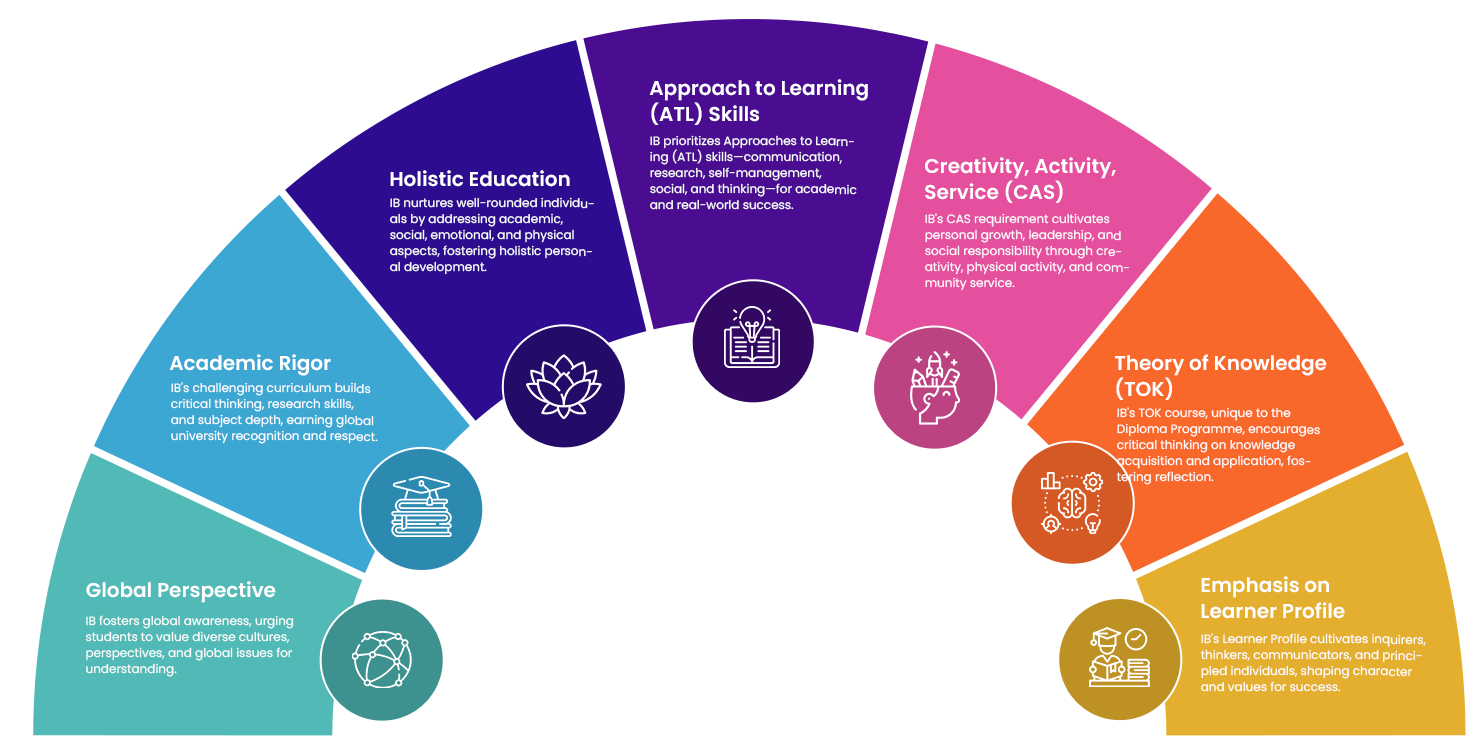A Levels Program Advanced Level courses providing in-depth knowledge in chosen subjects. Specialization in specific disciplines, offering a more focused academic path. Preparation for the rigorous A Level examinations.

























Teams amplify success. Diverse skills blend for enhanced productivity. Clear goals and roles streamline efforts, while open communication fuels innovation. Trust and respect form the bedrock, celebrating wins boosts morale.



A Levels are post-16 school qualifications that usually mark the end of high school or secondary school studies. They are used as entry requirements for universities and colleges.
A Levels are harder than GCSEs because you only study 3 or 4 in the same school time that you studied many more GCSEs. You have to go deep into the subject though if you enjoy your A Level choice subjects, you may find the study easier than the wide range of GCSEs that you have done.
In theory, there is no limit, although most students take 3 or 4 A Levels. Some take 5 or more but that requires a very high time input, which may or may not be supported by the school.
Further Maths is generally regarded as the hardest, as it requires a strong predicted grade at A Level Maths. After that, the 3 sciences (Physics, Chemistry and Biology) and Maths make up the top five.
A Levels finish in June of your final year in high school / secondary school; this is normally at age 17 or 18.
There is no such thing as an easy A Level, however, the level of difficulty for A Level subjects can vary greatly depending on individual strengths, interests, and study habits. While some students may find certain A Level subjects easier, others might struggle with the same subjects. That being said, some students tend to find certain A Level subjects more accessible due to their nature or prior background.
Subjects like Psychology, Sociology, Business Studies, and Media Studies are often considered by some students to be relatively easier because they may involve less complex mathematical or scientific concepts.
A Levels are graded A*, A, B, C, D and E for a pass grade. Fails are denoted as U (unclassified).
The typical requirement for university admission is three A Levels. However, the exact number of A Levels required can vary depending on the university and the specific degree. You should always check the entry requirements if you are interested in a particular course.
From £390 per subject, although the cost can be over £1500 for science A Levels with practicals
There are generally a number of things you will need to do to resit your A Levels:
Remember deadlines and consult your school or exam centre for specific guidance on re-sitting A Levels.
Also remember that you can still re-sit A Levels after you have begun a university course, for example, if you are hoping to use improved results to switch to a different university course for your second year and beyond.
And finally, remember that all the grades you receive on A Levels (original and resit) will be reported as part of your UCAS application. Most universities will just consider the higher grade, but some (especially for some highly competitive courses) may decide to take all your scores into account when deciding on your application.
